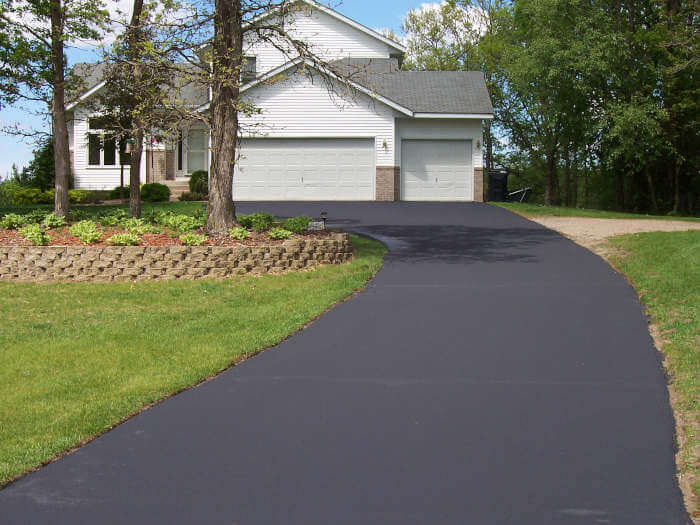In the pursuit of enhancing your property’s curb appeal and value, investing in an asphalt driveway is a strategic decision that goes beyond aesthetics. Not only does it elevate the overall look of your home, but it can also have a significant impact on your property taxes. In this comprehensive guide, we delve into the myriad ways an asphalt driveway can influence your property taxes and provide insights on optimizing this investment. Asphalt Driveways
Understanding the Impact on Property Taxes
Durability and Longevity
One of the key factors that tax assessors consider is the durability and longevity of property improvements. Asphalt driveways, renowned for their longevity and resistance to harsh weather conditions, can positively influence your property’s assessed value. The longer lifespan of asphalt, compared to other driveway materials, is a feature that tax assessors take into account when determining the overall value of your property.
Turb Appeal and Aesthetic Enhancement
First impressions matter, and the aesthetics of your property can significantly impact its assessed value. An impeccably designed and well-maintained asphalt driveway not only adds to the curb appeal of your home but also signals to assessors that you’ve made substantial investments in maintaining your property. This attention to detail can positively sway their valuation, potentially resulting in a higher property tax assessment.
Maximizing the Benefits of Your Asphalt Driveway
Regular Maintenance and Repairs
To ensure your asphalt driveway continues to positively impact your property taxes, prioritize regular maintenance and swift repairs. Addressing cracks, potholes, or any signs of wear promptly not only preserves the aesthetic appeal but also demonstrates to tax assessors that you are committed to preserving your property’s value.
Professional Installation Matters
The manner in which your asphalt driveway is installed plays a pivotal role in its long-term impact on property taxes. Opting for professional installation ensures not only a visually appealing driveway but also one that adheres to the highest construction standards. This can further bolster the positive influence on your property’s assessed value.
The Financial Implications
Return on Investment (ROI)
While the upfront costs of installing an asphalt driveway may seem substantial, it’s crucial to view this investment as a long-term strategy. Assessors often recognize the enduring nature of asphalt driveways, considering them as valuable additions that contribute to the overall longevity and durability of your property. As a result, the initial investment can translate into a favorable return on investment in terms of property value and tax assessments.
Local Market Trends and Comparisons
Property taxes are often influenced by local market trends. Researching and understanding the prevailing property values in your locality, especially those with well-maintained asphalt driveways, can provide valuable insights. By aligning your property with these trends, you position yourself for a more favorable tax assessment.
Conclusion
In conclusion, the decision to invest in an asphalt driveway is not merely about enhancing your property’s visual appeal; it’s a strategic move with potential financial implications. By understanding the criteria tax assessors consider and implementing proactive measures to maintain and optimize your asphalt driveway, you can ensure a positive impact on your property taxes.
Remember, the longevity, durability, and aesthetic contribution of an asphalt driveway are factors that can tip the scales in your favor during tax assessments. Make informed decisions, prioritize maintenance, and leverage the enduring benefits of asphalt to not only elevate your property but also maximize its financial worth.




